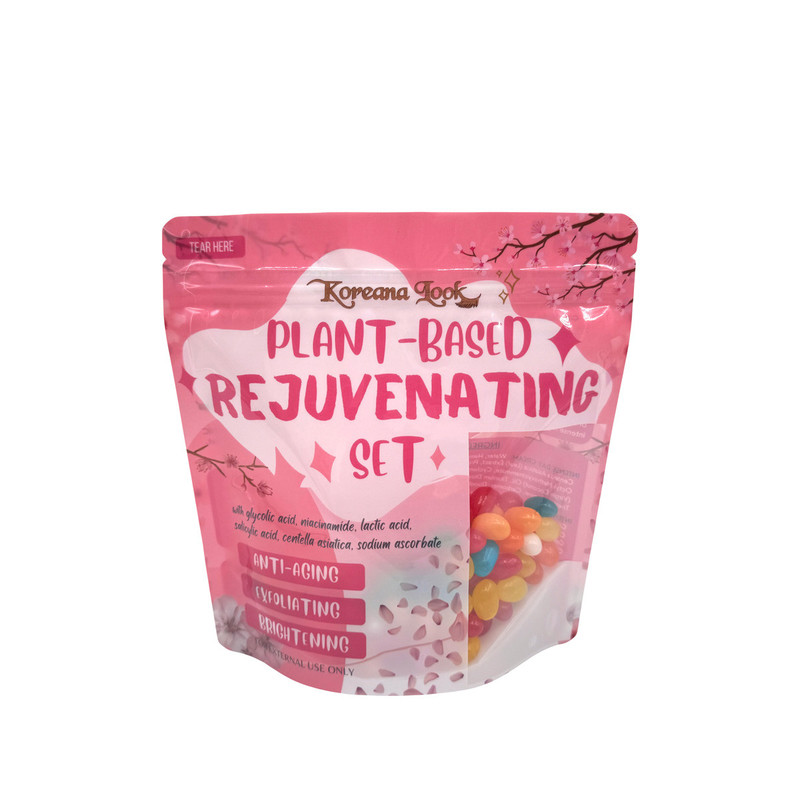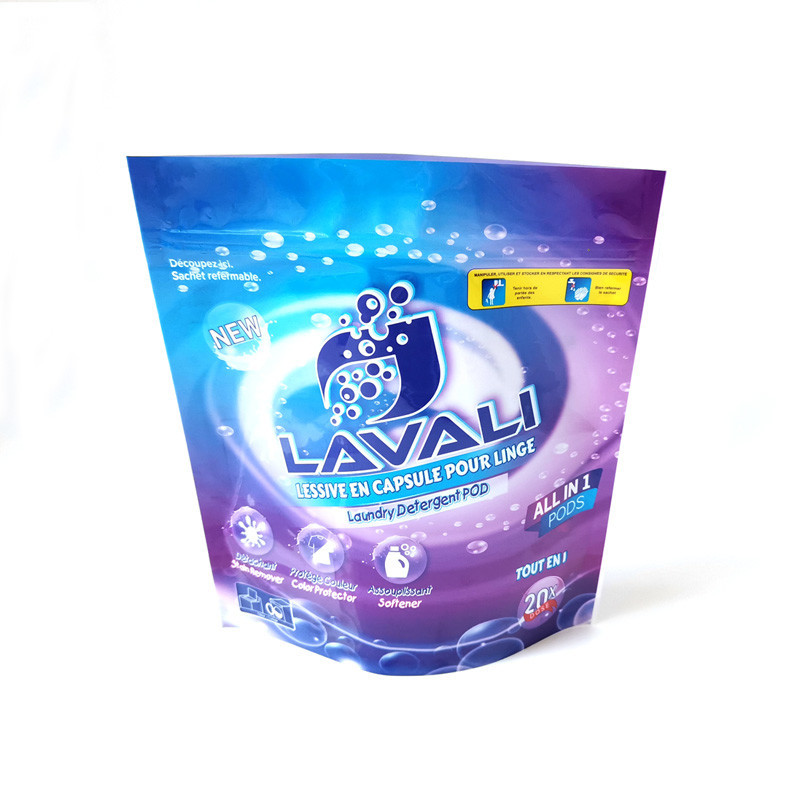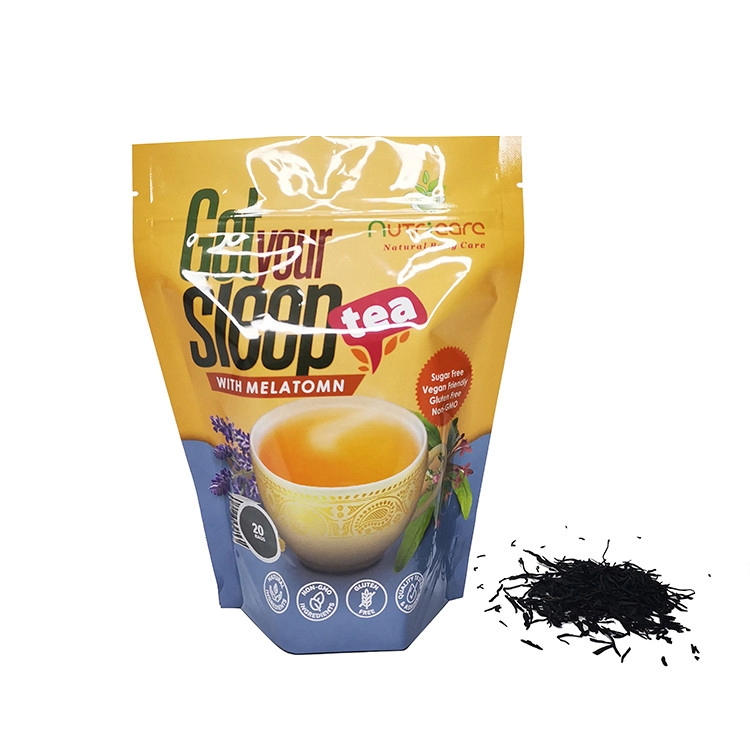Recyclable Plastic Packaging Bags Lead the Charge Toward Sustainable Solutions
Recyclable Plastic Packaging Bags Lead the Charge Toward Sustainable Solutions
The rise of recyclable plastic packaging bags is transforming the packaging industry as manufacturers and brands respond to increasing environmental demands and consumer expectations for sustainable products.
A Shift Toward Circular Economy
As global awareness of plastic waste and its environmental impact continues to grow, the packaging industry is embracing recyclable plastic materials to support a circular economy. Recyclable plastic packaging bags are becoming the preferred choice for businesses looking to reduce their environmental footprint without sacrificing the durability and functionality of traditional plastic.
Made from materials such as polyethylene (PE), polypropylene (PP), and EVOH, these recyclable bags maintain the high barrier properties needed to preserve freshness, protect against moisture, and ensure product integrity. The ability to recycle these materials into new products has been a major breakthrough in reducing the environmental impact of plastic packaging, enabling brands to offer eco-friendly solutions without compromising on quality.
Consumer Demand Drives Change
The shift toward recyclable packaging is largely driven by consumer demand for more sustainable products. Recent studies show that more than 70% of consumers are willing to pay a premium for products with environmentally friendly packaging. With growing regulatory pressures and green-conscious consumers, brands across sectors like food, beverage, cosmetics, and personal care are opting for recyclable plastic packaging to meet both market demands and environmental goals.
Leading brands are increasingly using recyclable plastic packaging bags that carry clear labeling to educate consumers on how to properly recycle the materials. This shift is helping to minimize contamination in recycling streams and ensure that more plastic waste is successfully recycled, thus reducing the volume of single-use plastics entering landfills.
Innovative Material Advancements
Technological advancements in material science are playing a key role in the growth of recyclable plastic packaging. Companies are developing mono-material packaging solutions made from a single type of plastic, making it easier to recycle compared to multi-layered packaging, which is often more challenging to process. These innovations are especially significant for products requiring airtight, odor-proof, or light-proof packaging, such as coffee, snacks, and frozen foods.
Recyclable plastic bags are also compatible with features like resealable zippers, stand-up pouches, and clear windows, offering a wide range of design options for both branding and functionality. Additionally, advancements in digital printing technologies have allowed for the creation of custom designs on recyclable packaging, allowing brands to continue innovating in both aesthetics and sustainability.
Regulatory Push and Industry Commitment
In response to government regulations and international initiatives aimed at reducing plastic waste, many companies in the packaging industry are committing to using 100% recyclable or compostable materials by 2030. The European Union’s ban on certain single-use plastics and extended producer responsibility (EPR) schemes in various countries are encouraging brands and manufacturers to prioritize recyclable packaging solutions.
Additionally, industry collaborations such as the Ellen MacArthur Foundation’s *New Plastics Economy* are pushing companies to adopt circular principles. By redesigning packaging for recyclability and investing in better recycling infrastructure, the industry is working toward a future where plastic never becomes waste.
Challenges and Opportunities
Despite the growing popularity of recyclable plastic packaging, challenges remain. One of the key issues is the need for standardized recycling infrastructure across different regions, as many local recycling programs do not yet have the capacity to handle all types of recyclable plastics. To address this, industry leaders are advocating for greater investment in recycling technologies and systems that can process flexible plastic packaging more efficiently.
On the other hand, the growing demand for recyclable plastic bags presents vast opportunities for innovation. Brands that can provide high-quality, functional, and sustainable packaging solutions are gaining a competitive edge in the market. As consumer awareness and governmental regulations continue to drive change, recyclable plastic packaging is expected to become the norm rather than the exception.
Conclusion
Recyclable plastic packaging bags represent a significant step forward in the global effort to reduce plastic waste and promote a circular economy. With continued innovation in materials and design, as well as increased consumer and regulatory pressure, the adoption of recyclable packaging is set to accelerate. As businesses and consumers alike prioritize sustainability, the future of plastic packaging is undoubtedly green.



